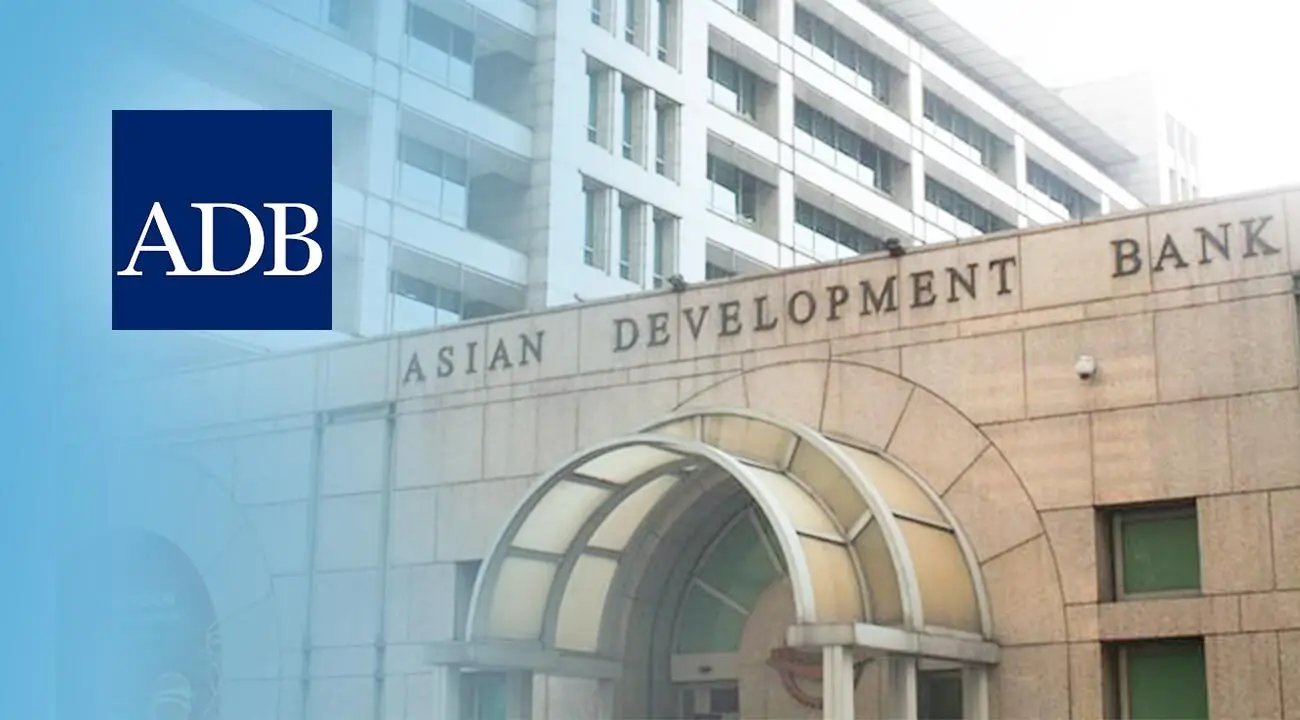Monday, 2 February 2026

The Asian Development Bank (ADB) has approved a $460 million results-based loan to modernize rural electricity distribution, expand decentralized renewable energy, and boost agricultural productivity in the state of Maharashtra by providing farmers with reliable daytime solar power for irrigation. The financing will be complemented by an additional $40 million concessional loan from the Clean Technology Fund (CTF), administered by ADB. The Maharashtra Power Distribution Enhancement Program for Agricultural Solarization aligns closely with the state’s Power Sector Vision 2030, which prioritizes faster adoption of clean energy, improved rural power access, and stronger financial sustainability of the power sector.
“This program builds on ADB’s longstanding partnership with Maharashtra in advancing cross-sectoral interventions that integrate renewable energy solutions to strengthen both the agriculture and energy sectors,” said ADB Country Director for India Mio Oka. “It will transform the rural energy landscape through decentralized solar solutions, improved grid reliability, and empowered communities—especially women—through green livelihoods.”
As part of the initiative, Maharashtra will solarize agricultural feeders to supply daytime electricity for irrigation, upgrade rural distribution networks to integrate more renewable energy, and deploy 500 MWh of distributed battery energy storage systems to support grid stability. The program will also digitize operational systems through advanced dashboards and monitoring tools while promoting green skills and entrepreneurship, particularly among women. By 2028, the program is expected to provide daytime electricity access to at least 900,000 agricultural consumers and reduce annual greenhouse gas emissions by more than 3 million tons.
The infrastructure modernization effort will include upgrading 180 distribution substations, installing 4,500 distribution transformers, and developing 3,000 circuit kilometers of high-tension and 1,200 circuit kilometers of low-tension lines. Enhanced grid reliability, reduced distribution losses, and lower power purchase costs are expected to strengthen the financial sustainability of the state’s power sector, while improved distribution resilience will support future renewable energy integration.
In parallel, ADB will provide technical assistance focused on carbon credit mechanism development, community engagement, capacity building, and preparatory activities for subsequent phases of the solarization program. The initiative will support green skilling for 5,000 individuals, including at least 1,500 women, thereby fostering income opportunities and inclusive economic participation across rural communities.
This program marks a significant advancement in India’s clean energy transition for agriculture and is expected to serve as a scalable model for solar-powered irrigation and renewable-ready rural infrastructure nationwide.